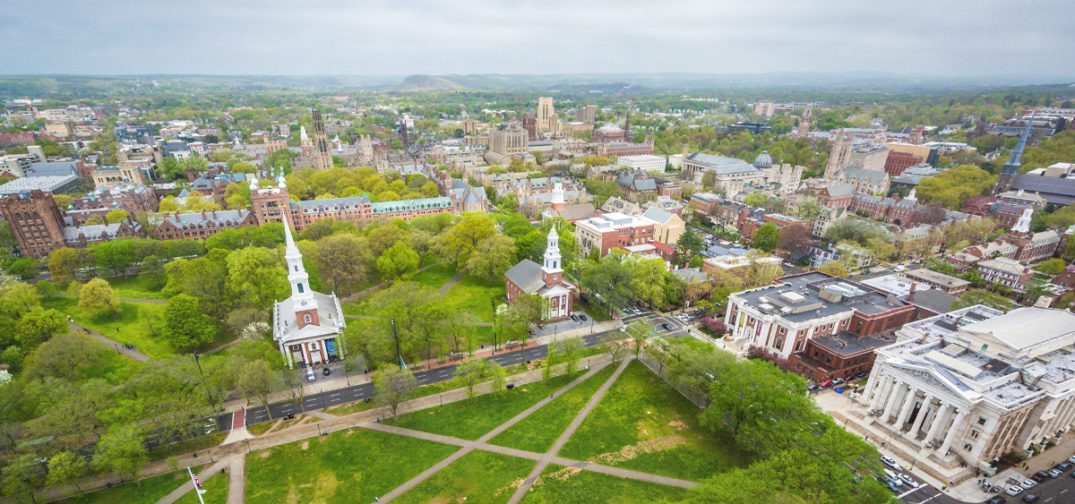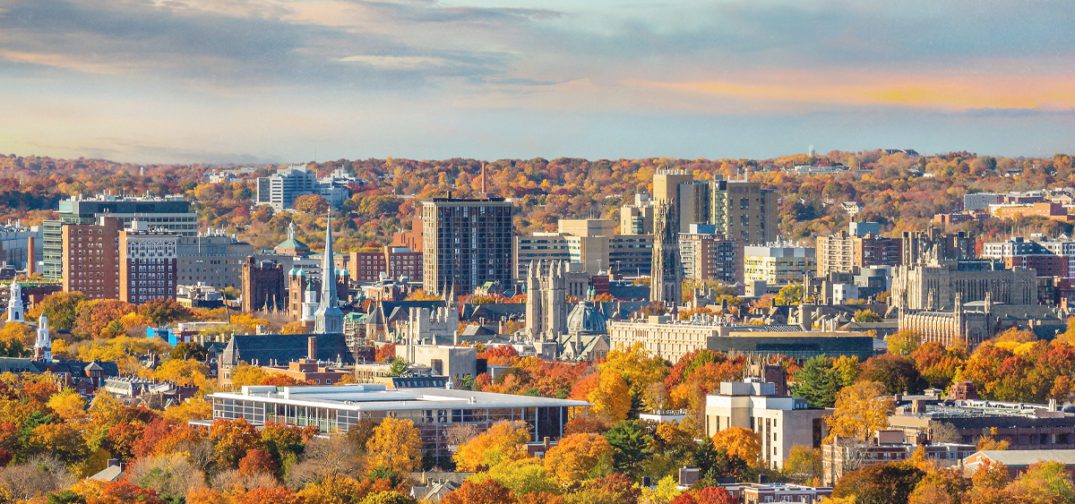Connecticut Gov. Ned Lamont (D) announced this week that thousands of Connecticut residents with cannabis possession convictions are set to have the charges fully or partially erased. The expungement policy is tied directly to the state’s 2021 adult-use cannabis legalization law.
“On January 1, thousands of people in Connecticut will have low-level cannabis convictions automatically erased due to the cannabis legalization bill we enacted last year. Especially as Connecticut employers seek to fill hundreds of thousands of job openings, an old conviction for low-level cannabis possession should not hold someone back from pursuing their career, housing, professional, and educational aspirations.” — Gov. Lamont statement, via press release
People whose charges are erased will be able to tell employers, landlords, and schools that the convictions never happened, according to the announcement.
Under the expungement plan, people who were convicted of possessing four ounces or less of cannabis between January 1, 2000, and September 30, 2015, will have their charges automatically erased on January 1, 2023. People convicted of one of the following violations will need to file a petition in the Connecticut Superior Court:
- Convictions for possessing four ounces or less of cannabis from before January 1, 2000, or between October 1, 2015, and June 30, 2021.
- Convictions for possessing cannabis-related drug paraphernalia imposed before July 1, 2021.
- Convictions from before July 1, 2021, for manufacturing, selling, possessing with intent to sell, or giving/administering cannabis to another person, so long as the amount involved was under or equal to four ounces, or no more than six homegrown plants.
Lamont signed Connecticut’s adult-use cannabis law in June 2021 and sales are expected to launch early next year.
President Joe Biden (D) pardoned all federal cannabis possession convictions in October and called on governors around the U.S. to follow suit at the state level.
End























